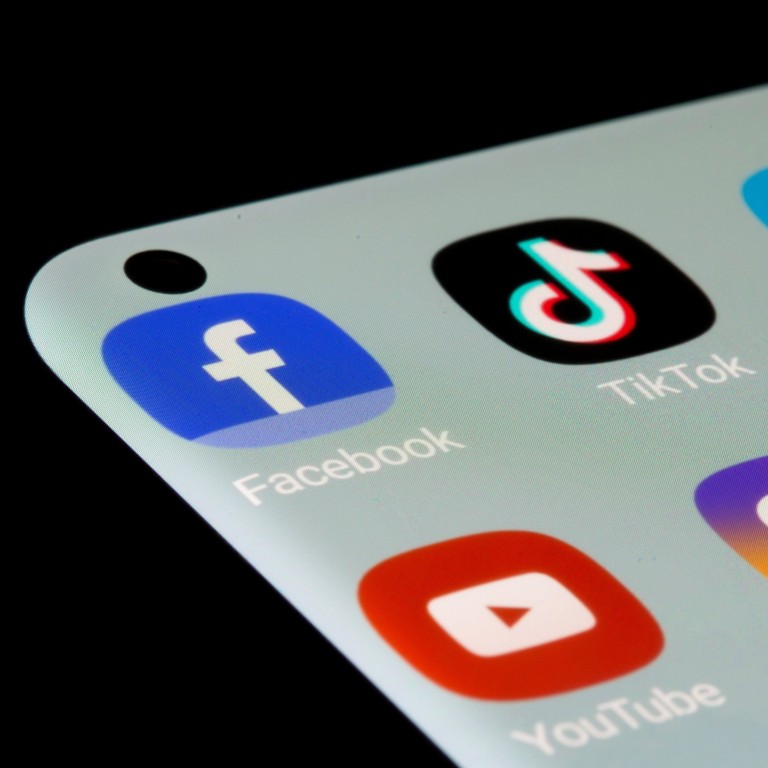
To stop the cancel culture, sit back and let the free market take over
- Texas is passing a bill aimed at stopping liberal censorship of conservatives by social media companies
- But the better solution is to rely on the free enterprise system. In other words, let other platforms give big tech a run for its money
A whole host of other lesser known figures have also been cancelled – de-platformed, and in many ways silenced – by the likes of Apple, Amazon, Facebook and Google.
What would John Stuart Mill, the philosopher who wrote On Liberty, have thought of this? He would have been appalled. And he would have been equally perturbed if the tables had been turned: if conservatives had been the powerful figures on the internet and liberals were being cancelled on grounds of “offensiveness”, “misinformation”, “hate speech” and all the rest of these very subjective indictments.
As it happens, the right wing is now in the process of reacting against this left-wing onslaught on open-ended discussion. Texas is passing legislation limiting the ability of social justice warriors in the media to squelch the views of those with whom they disagree.
Sponsors of this bill are attempting to stop liberal censorship of conservatives. There are even some libertarians who mistakenly support such initiatives.
But this – that only the government can really censor free speech and only the state can use legal violence to stop the spread of ideas – is problematic.
The major internet media argue that they have the private property right to determine what appears on their electronic pages and what does not. That alone is a switcheroo of major proportions, since these folks are not exactly well known for their support of private property rights.
However, in this particular claim they are 100 per cent correct. They own these platforms and have a right to discriminate against anyone they choose, for any reason, at least under the rubric of free market capitalism.
Nor will it do to “pull a 230” on them. This refers to Section 230 of the Communications Decency Act, which protects (with some minor exceptions) internet platforms from being sued for libel for messages posted on them by participants. Is this an unjust advantage given to the large internet companies?
No, because in a truly free society, there would be no laws against defamation in the first place. Slander only ruins reputations, and since they consist only of the thoughts of other people, the person to whom they refer cannot really own the repute that refers to himself.
Germany’s social media act is no fake news law. Hong Kong should take note
How, then, can we solve the problem of one side cancelling the other? We must do so without relying on the government to stomp on the malefactors.
The answer is simple: rely upon the free enterprise system. There is no “market failure” here. Rather, what we have is an instance of what economists characterise as “network effects”, when something has value insofar as lots of people use it.
If you were the only one who had a telephone in the early days of this innovation, it would not do you much good. But as more and more people gained access to this technology, its value to you, and to everyone else, would greatly increase.
Well, millions of people use Google and other platforms. “Google” has become a veritable verb. But their days are numbered. As soon as those who resent being silenced get together, alternative institutions will be instituted.
Some may play tit-for-tat, silencing the politically correct social justice “wokesters”. More likely, there will be other platforms which truly serve the Millian ideal, and allow all shades of opinion.
So, let us get used to the present unfairness and not whine to the government about it. Laissez-faire capitalism will eventually solve this problem.
Walter E. Block, PhD, is Harold E. Wirth Eminent Scholar Endowed Chair and Professor of Economics at Loyola University New Orleans

